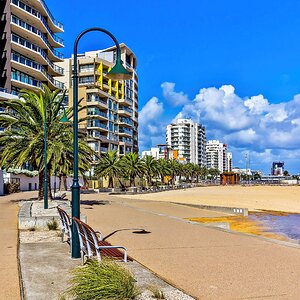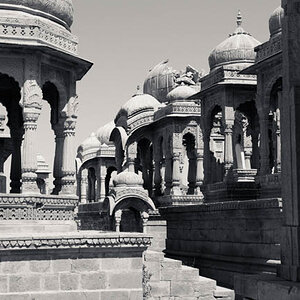Otohp
TPF Noob!
- Joined
- Oct 20, 2005
- Messages
- 54
- Reaction score
- 0
I'm looking to begin photography, and with the insane prices of cameras, would like to begin with something decent.
A digital SLR, but one that has the most incorporation of all lenses & other things. I want a camera to be flexible, and be able to have the most different lenses to attach, to be useful for all things.
I'm not sure about how all different types of lenses work with all other different camera models etc.
I know sweet f a about photography & camera models etc. Need some pointing in the right direction. I'm in Australia, too, so i may not have access to as many resources as America or UK would (as in stores etc.)
Any help is appreciated!!!
A digital SLR, but one that has the most incorporation of all lenses & other things. I want a camera to be flexible, and be able to have the most different lenses to attach, to be useful for all things.
I'm not sure about how all different types of lenses work with all other different camera models etc.
I know sweet f a about photography & camera models etc. Need some pointing in the right direction. I'm in Australia, too, so i may not have access to as many resources as America or UK would (as in stores etc.)
Any help is appreciated!!!


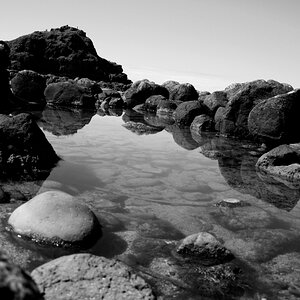
![[No title]](/data/xfmg/thumbnail/37/37493-07470d1244285a42bb716c7df65abfda.jpg?1619738112)
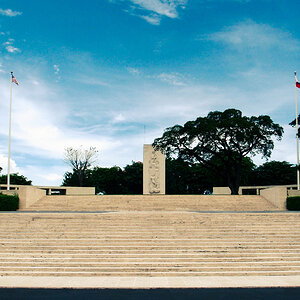
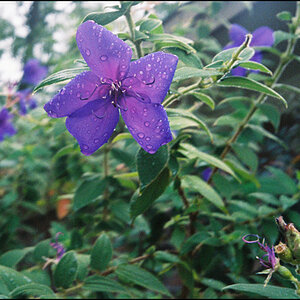
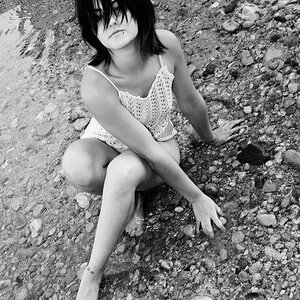
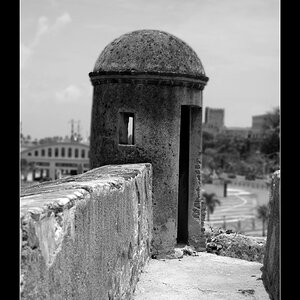
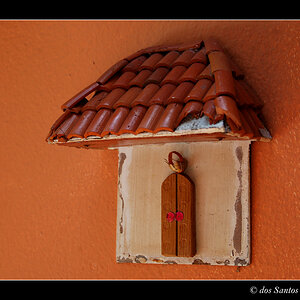
![[No title]](/data/xfmg/thumbnail/31/31753-281132967af6a422c89bcc0d6f16499a.jpg?1619734991)
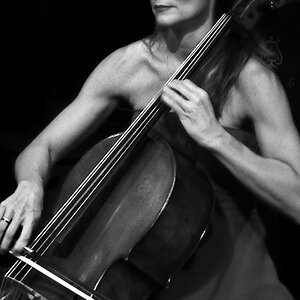
![[No title]](/data/xfmg/thumbnail/33/33450-b94d8a06a911e01c39df688c57b4745e.jpg?1619735974)
